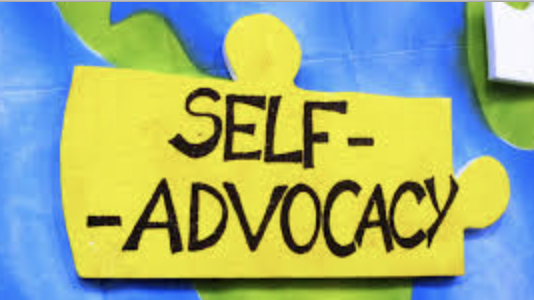My book, Taking Charge of Your Fertility, has been translated into nearly a dozen languages over the years, so a few days ago, I had the pleasure of Skyping with a charming Czech journalist about the upcoming release of the book in the Czech Republic (who knew?) While talking with her, I mentioned how one of the themes I wanted to convey throughout the book is the need for women to speak up for themselves, because nobody could possibly care about their health as much as they themselves do. As an example, I recounted this experience I had shortly after grad school:
Over 35 years ago, I had a slight scare when some of the cells on my cervix came back suspicious in a routine pap test. So I had cryotherapy, a procedure in which my abnormal cervical cells were destroyed by freezing. The timing of that procedure was a tad inconvenient, though, because a few days later, I moved to a different state, and needed to find a new doctor to follow up on the procedure. Coincidentally, the night before my re-check at the medical facility in my new city, I discovered a small breast lump. I thought it was so fortuitous that I would be going to the doctor the next morning anyway.
When I met the new gynecologist the next morning in the typical less-than- dignified manner, stark naked under a whisper-thin paper gown designed to cover maybe 1/5th of an average woman’s body, I asked her if she could also check the breast lump that I discovered the night before. Her response utterly stunned me.
She informed me that this particular visit was only for a re-check of the prior procedure, and that I’d have to make another appointment to return on a different day for a breast exam. I could hardly believe what I was hearing. After all, I was already there and conveniently exposed anyway under that tiny gown, and yet she basically told me that I would have to climb down off the table, get dressed, go down the hall to make another appointment, then drive back on a different day.
Are you kidding me?
At that point in my life, I hadn’t yet mastered the art of advocating for myself, and meekly acquiesced, but by the time I had driven back home, I was fuming. What was this doctor thinking? So I took out my new ‘portable’ Apple computer which was basically the size of a small child back then, and proceeded to write her a letter expressing my dismay that she couldn’t take the one minute it would have required to check it, but instead made me live with the stress and anxiety of finding a lump, only to have to return another day.
What does this story have to do with my book? What I want women to learn about charting their cycles is that, in the end, it is about so much more than just learning what days they are or aren’t fertile. Ultimately, charting fills women with confidence that applies to so many other areas of their healthcare, emboldening them to advocate for themselves at times when they might have otherwise felt too intimidated to do so.
Oh, and by the way, when I eventually did return to the clinic the following week, I learned that the breast lump was absolutely nothing. Too bad I hadn’t yet developed the confidence to speak up earlier, rather than dealing with a week of stress while waiting for the reassurance that all was okay.



Leave A Comment